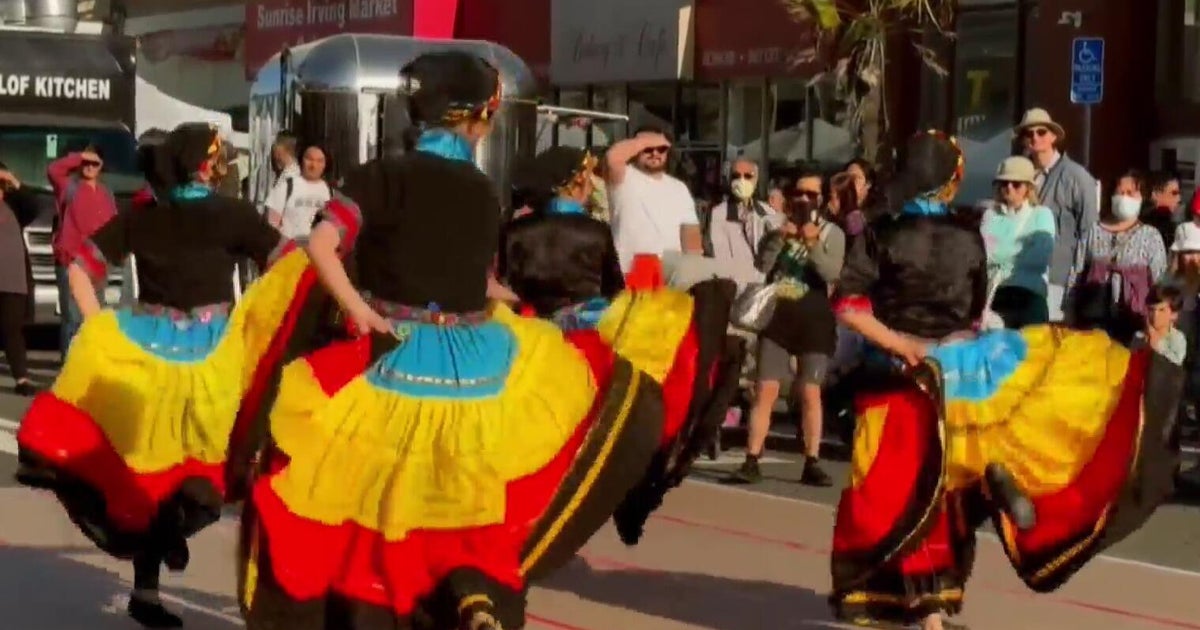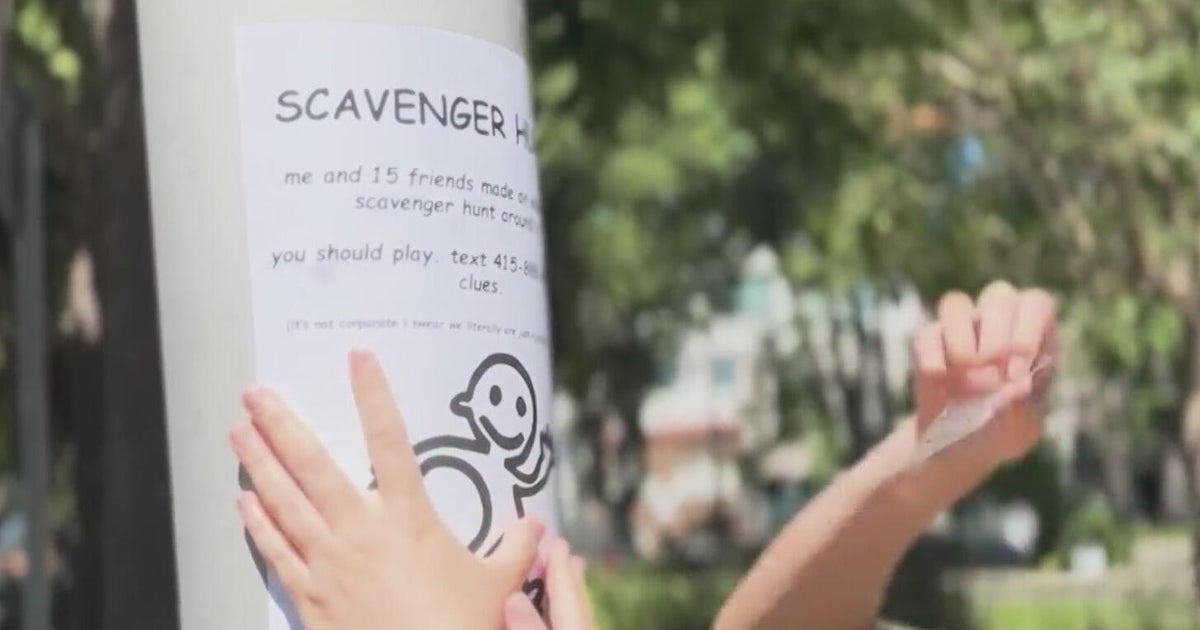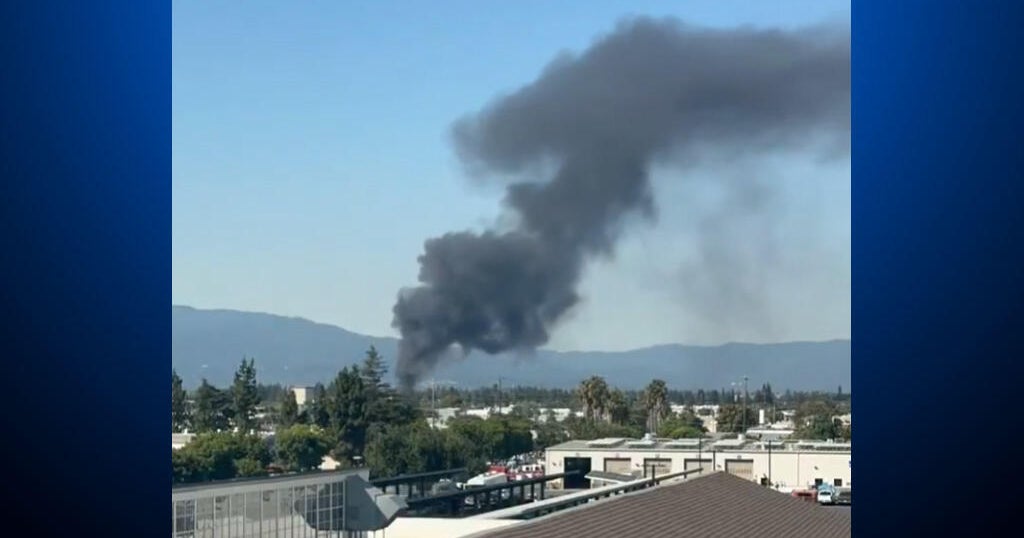Data Shows Unemployment Down, Growth Robust After San Jose Adopts $10 Minimum Wage
SAN JOSE (KPIX 5) -- It's been two years since San Jose voted to increase its minimum wage to $10 an hour. San Jose State University professor Scott Myers-Lipton, whose students came up with the idea, is not one to rub it in.
"I'm a person that looks at it from all sides, and there are many sides to this debate," Myers-Lipton told KPIX 5.
Two years ago, the Silicon Valley Chamber of Commerce held a press conference claiming if the minimum wage went up, San Jose would lose 2,800 jobs.
"So if you add it up, it doesn't make a lot of sense to me, it really doesn't," said economist Dr. Christopher Thornberg.
But the numbers are in, and they tell a much different story. After Measure D passed, unemployment dropped from 7.6 percent to 5.8 percent. The number of businesses grew, from 75,000 to 84,000. And average employee hours remained constant, hovering at just under 37 hours.
Ken Jacobs, the chair of UC Berkeley's Center for Labor Research and Education, told KPIX 5, "Things in San Jose have gone pretty much as you'd expect. Business growth has still been robust, restaurant growth has been robust, and we've seen a small increase in restaurant prices, less than 2 percent."
Scott Kniess with the San Jose Downtown Association said the improving economy nullified those doomsday predictions. "The great recession ending, and the comeback of the economy, really made it much ado about nothing," he said.
Speaking of doomsday scenarios, Mayor Chuck Reed said back then enforcing the new minimum wage would cost $600,000.
Reed said, "$600,000 is going to have to come from somewhere. So I'll have to decide, shall I take it from the police department? Shall I take it from the libraries, shall I take it from the community centers?"
In fact, education and enforcement of the new minimum wage has cost the city about $57,500.
"Our opponents said the sky was going to fall if you remember," Myers-Lipton said.
The professor said it's easy to see why the minimum wage movement is spreading to other cities like New York, Chicago and Los Angeles.
"A lot of people feel alienated within the democratic process. And this gave just regular folks, people without a lot of political power the chance to be involved in the economic decisions of our society," Myers-Lipton said.
With San Francisco considering a minimum wage of $15 an hour, can San Jose be far behind?
Natasha Sterling, who makes $10.15 an hour as a server at Brittania Arms in Downtown, said a raise like that means she could afford to go back to college.
"Yeah, that would be awesome. I could save a lot more money, and maybe spend some money on myself every once in a while." Sterling said.



